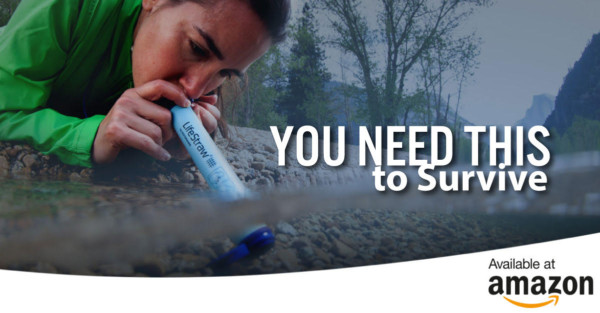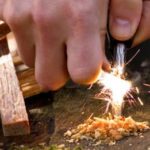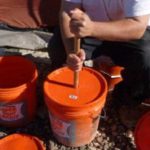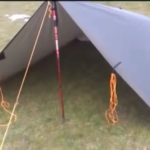Gadgets, apps, automation and all of the other conveniences of modern life have left us lacking when it comes to practicing basic skills. Things like arithmetic, writing, reading comprehension and basic knowledge about science are all things that we will need to utilize in a post-SHTF world. Yet, very few of us have enough experience with living life in a non-digital age, and this can put us at a distinct disadvantage. Do you have the skills needed to survive in a post-SHTF world?
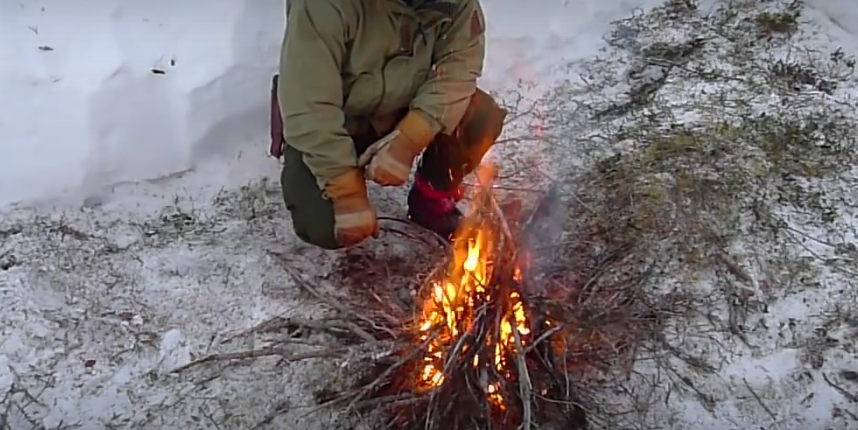
When’s the last time that you had to do math in your head or work out a simple problem on scratch paper? When is the last time that you needed to read and comprehend a schematic or diagram? Do you know what the boiling temperature of water is, or how long you need to process, cook or store foods in order to keep bacteria from growing? Can you identify harmful plants, insects or animals?
These things were daily practices for eons, until modern technology exploded with automated replacements over the past couple of decades. The result has been the creation of a generation who can’t function if they get disconnected from the grid or electronics. I’m not complaining about the advancements of technology, and life is a lot easier because of them. However, we have a disproportionate reliance on technology that does us more harm than good.
Many DIY projects and repairs require some basic mathematical and drawing skills. How will you plan to build something without using software? Can you convert fractions or switch between the standard or metric system? Practice sketching designs and taking measurements. Understand some basic geometry and math principles so that you can problem solve and build things during a SHTF scenario.
Reading and interpreting maps, diagrams and instructions also takes some practice. Anyone who has built furniture, models or looked through service manuals knows how difficult it can be to follow steps or diagrams that are not well-designed. The same goes for maps. Do you know how to read topographic symbols or to use a scale to determine distance? Can you extrapolate information from an atlas or road map in order to build a mental image that can help you to find an optimal route?

Many basic skills are things that we learn as kids and retain for a short time. However, due to the fact that we don’t give ourselves the opportunity to practice, these skills become rusty and forgotten. However, in a SHTF situation, we may need to be able to access these skills quickly and accurately.
It’s ironic that we place such an emphasis on materials, exit strategies and developing survival skills, but forget to practice the most rudimentary and essential of them all. Don’t get caught off-guard and end up facing a situation where you wish you knew how to work a problem or interpret a map or diagram. Take time to practice basic skills to the point that they become second-nature, and make sure to pass them on to others when opportunities present themselves.
It’s a foregone conclusion that the vast majority of people out there will be lost without technological assistance. Make sure that you give yourself the distinctive advantage in order to not only survive, but to thrive in a post-SHTF world.



